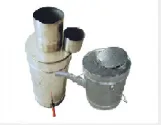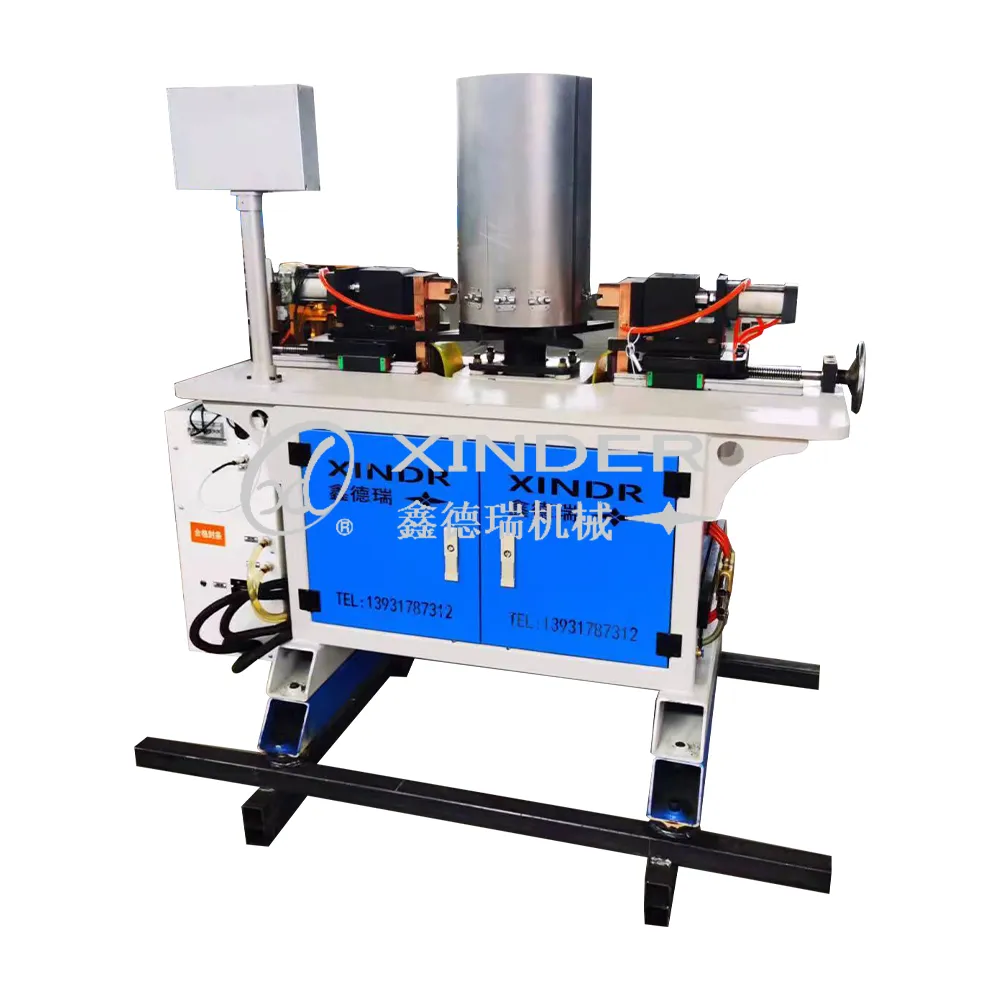-
 8613931787312
8613931787312 -
 Botou Industrial Zone on the east side of National Highway 104, Botou City, Hebei Province
Botou Industrial Zone on the east side of National Highway 104, Botou City, Hebei Province
- Afrikaans
- Albanian
- Amharic
- Arabic
- Armenian
- Azerbaijani
- Basque
- Belarusian
- Bengali
- Bosnian
- Bulgarian
- Catalan
- Cebuano
- Corsican
- Croatian
- Czech
- Danish
- Dutch
- English
- Esperanto
- Estonian
- Finnish
- French
- Frisian
- Galician
- Georgian
- German
- Greek
- Gujarati
- haitian_creole
- hausa
- hawaiian
- Hebrew
- Hindi
- Miao
- Hungarian
- Icelandic
- igbo
- Indonesian
- irish
- Italian
- Japanese
- Javanese
- Kannada
- kazakh
- Khmer
- Rwandese
- Korean
- Kurdish
- Kyrgyz
- Lao
- Latin
- Latvian
- Lithuanian
- Luxembourgish
- Macedonian
- Malgashi
- Malay
- Malayalam
- Maltese
- Maori
- Marathi
- Mongolian
- Myanmar
- Nepali
- Norwegian
- Norwegian
- Occitan
- Pashto
- Persian
- Polish
- Portuguese
- Punjabi
- Romanian
- Russian
- Samoan
- scottish-gaelic
- Serbian
- Sesotho
- Shona
- Sindhi
- Sinhala
- Slovak
- Slovenian
- Somali
- Spanish
- Sundanese
- Swahili
- Swedish
- Tagalog
- Tajik
- Tamil
- Tatar
- Telugu
- Thai
- Turkish
- Turkmen
- Ukrainian
- Urdu
- Uighur
- Uzbek
- Vietnamese
- Welsh
- Bantu
- Yiddish
- Yoruba
- Zulu
Fev . 01, 2025 04:31
Back to list
Irregular Bending Machine
In the bustling world of manufacturing, the barrel production line stands as a crucial component in various industries, from oil and chemical sectors to food and beverage. Understanding the intricacies of barrel production lines not only enhances operational efficiency but also bolsters product quality and safety. This article delves into the essential aspects of barrel production, offering insights from experienced engineers and operators to create a comprehensive guide that embodies Experience, Expertise, Authoritativeness, and Trustworthiness.
Quality control cannot be overstated in a barrel production line. From the integrity of the welds in steel barrels to the uniformity of thickness in plastic barrels, each product must undergo rigorous testing before leaving the factory. Implementing automated quality control systems with advanced imaging techniques can help detect minute defects that human inspectors might miss, thus ensuring the reliability of the barrels. Furthermore, compliance with international standards and regulations is non-negotiable. Whether it’s the ISO standards for quality management or specific regulations for the storage and transportation of hazardous materials, adherence is vital. Industry leaders often work closely with regulatory bodies, leveraging their expertise to not only meet but exceed these standards, thus reinforcing their position as trustworthy providers. Employee training and safety are other pillars of a successful barrel production line. Operators must be well-versed in the latest technologies and safety protocols. Regular training sessions and certifications ensure that the workforce remains competent and capable of handling the complexities of modern production lines. By fostering a culture of safety and continuous improvement, companies can mitigate risks and enhance productivity. In the competitive landscape of barrel production, innovation acts as a differentiator. Continuous investment in research and development allows companies to explore new materials and production techniques, offering superior products that meet evolving market needs. Whether through adopting eco-friendly materials or developing smarter quality control systems, innovation ensures a company's longevity and relevance. In conclusion, a well-managed barrel production line is a testament to effective engineering and management. By leveraging deep industry experience, maintaining strict quality controls, and prioritizing safety and innovation, manufacturers can produce reliable, high-quality barrels that meet the demands of global markets. As technology and materials evolve, staying informed and adaptive remains key for those wishing to lead in this essential industry.


Quality control cannot be overstated in a barrel production line. From the integrity of the welds in steel barrels to the uniformity of thickness in plastic barrels, each product must undergo rigorous testing before leaving the factory. Implementing automated quality control systems with advanced imaging techniques can help detect minute defects that human inspectors might miss, thus ensuring the reliability of the barrels. Furthermore, compliance with international standards and regulations is non-negotiable. Whether it’s the ISO standards for quality management or specific regulations for the storage and transportation of hazardous materials, adherence is vital. Industry leaders often work closely with regulatory bodies, leveraging their expertise to not only meet but exceed these standards, thus reinforcing their position as trustworthy providers. Employee training and safety are other pillars of a successful barrel production line. Operators must be well-versed in the latest technologies and safety protocols. Regular training sessions and certifications ensure that the workforce remains competent and capable of handling the complexities of modern production lines. By fostering a culture of safety and continuous improvement, companies can mitigate risks and enhance productivity. In the competitive landscape of barrel production, innovation acts as a differentiator. Continuous investment in research and development allows companies to explore new materials and production techniques, offering superior products that meet evolving market needs. Whether through adopting eco-friendly materials or developing smarter quality control systems, innovation ensures a company's longevity and relevance. In conclusion, a well-managed barrel production line is a testament to effective engineering and management. By leveraging deep industry experience, maintaining strict quality controls, and prioritizing safety and innovation, manufacturers can produce reliable, high-quality barrels that meet the demands of global markets. As technology and materials evolve, staying informed and adaptive remains key for those wishing to lead in this essential industry.
Next:
Latest News
-
The Rise of Laser Welding: Precision Meets Power in Modern MetalworkNewsAug.06,2025
-
Streamlining Industrial Packaging: The Power of Barrel Production LinesNewsAug.06,2025
-
Revolutionizing Metal Joining: The Power of Automatic Seam Welding MachinesNewsAug.06,2025
-
Powering Industrial Innovation: The Role of Pipe and Tube Machinery in Modern ManufacturingNewsAug.06,2025
-
Exploring the World of Resistance Welding: Equipment, Manufacturers, and Pricing InsightsNewsAug.06,2025
-
Advancing Container Manufacturing: The Role of the Modern Can Welding MachineNewsAug.06,2025
-
Understanding Automatic Seam Welding Machines: A Game Changer in Welding TechnologyNewsJul.18,2025
related products
-
 Pneumatic Handle Welding MachineSep . 13, 2024
Pneumatic Handle Welding MachineSep . 13, 2024 -
 Fully Automatic Kaiping Production LineOct . 17, 2024
Fully Automatic Kaiping Production LineOct . 17, 2024 -
 Fully Automatic Metal Bucket Lifting HeadphonesSep . 14, 2024
Fully Automatic Metal Bucket Lifting HeadphonesSep . 14, 2024

